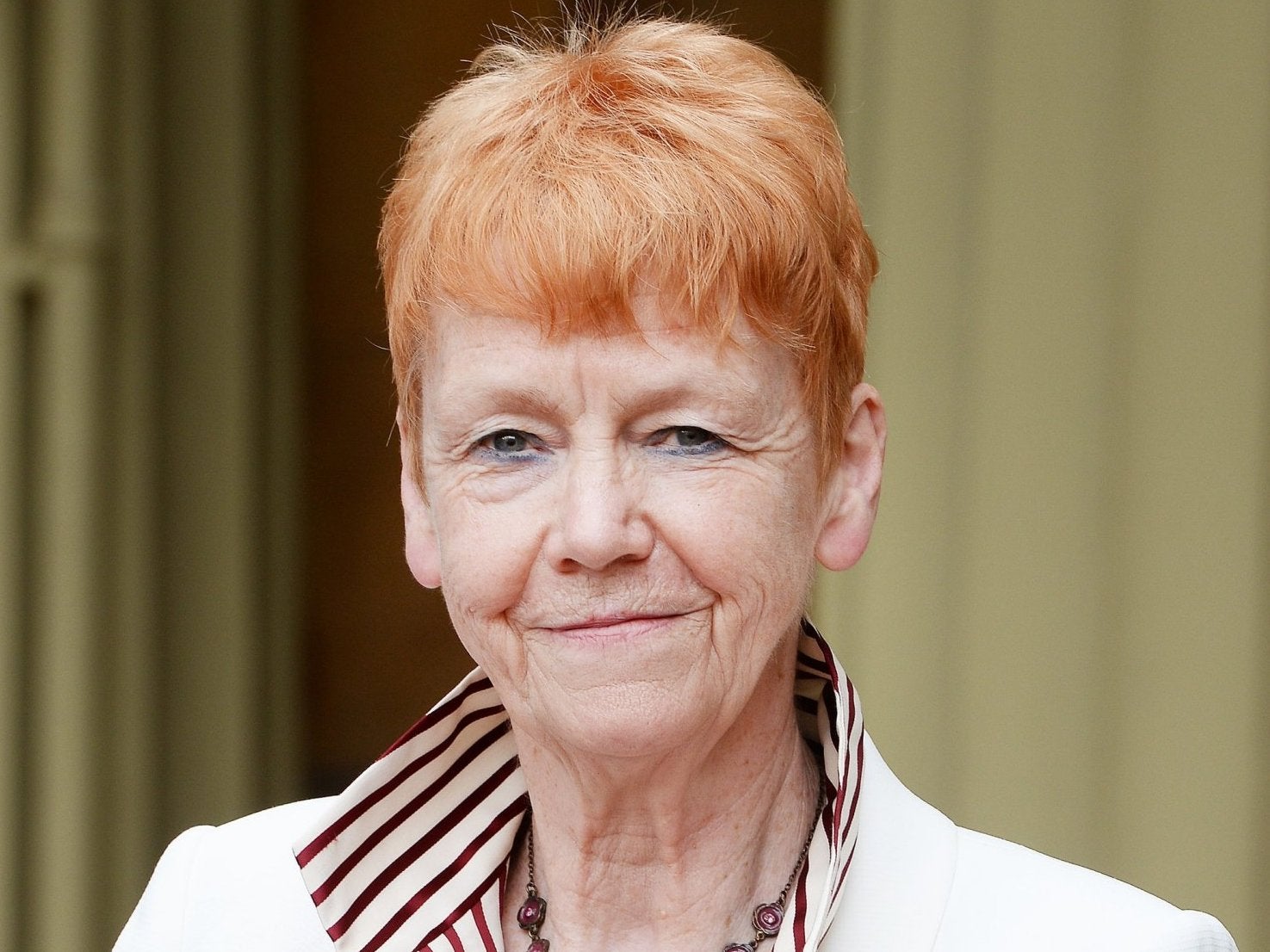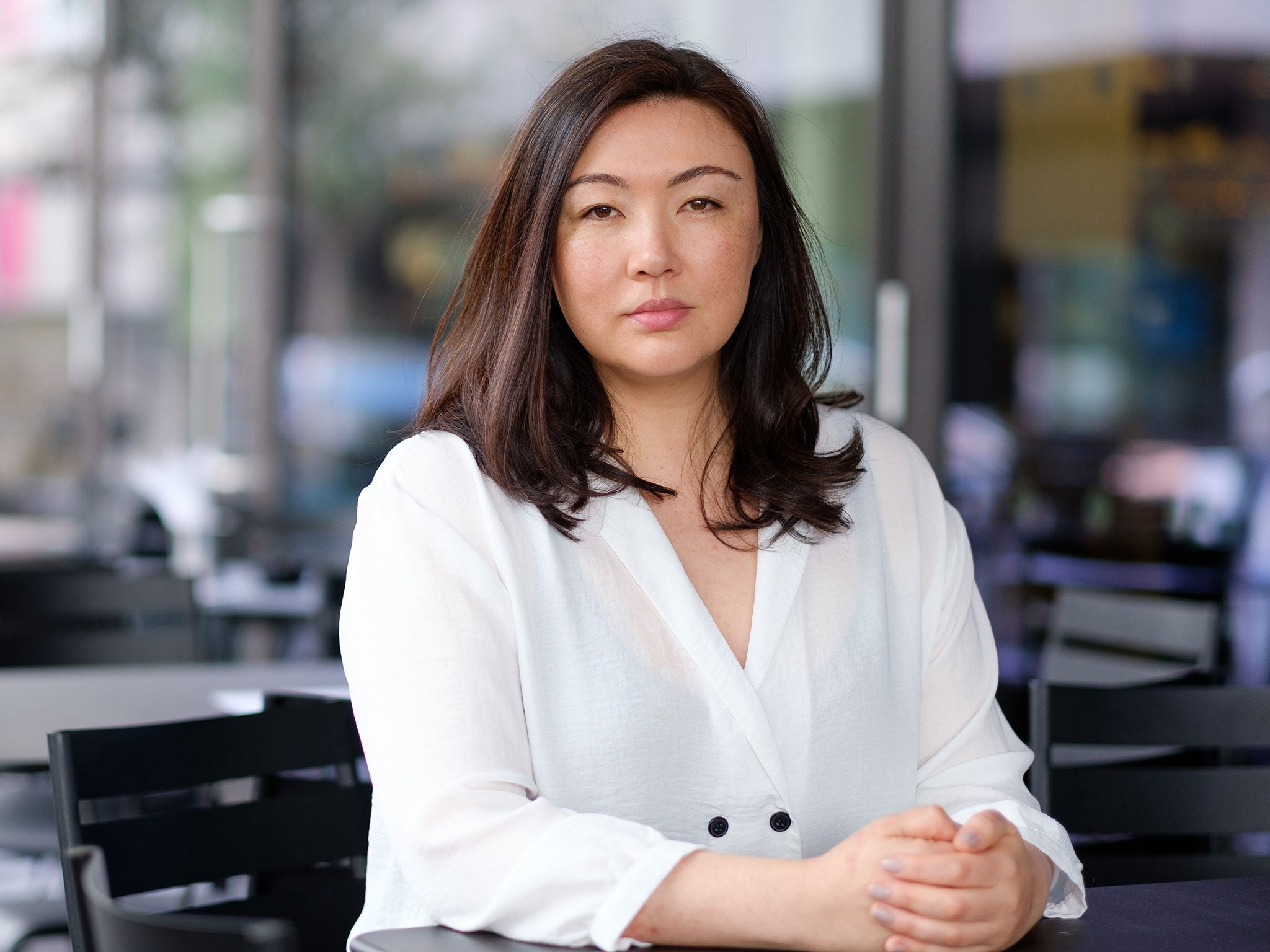Prosecutors 'shrinking from challenges and letting down rape victims', new Victims Commissioner says
Exclusive: 'Their role is to prosecute – not to give up,' Dame Vera Baird says as CPS defends procedures

The incoming Victims Commissioner has accused prosecutors of “shrinking from challenges” and letting down rape victims.
Dame Vera Baird, who will take up her post next month, called for action after The Independent revealed one woman’s “shocking” ordeal.
Bonny Turner told police she was raped by a man while she slept, but he was not prosecuted even after she handed over Facebook messages where he appeared to “confess” to the crime.
Ms Turner said she was left feeling “very insecure and unsafe”, adding: “In my view rape has become decriminalised. If a confession isn’t enough to even get to court there’s no hope for anyone else.”
Dame Vera, currently Northumbria’s police and crime commissioner, said Ms Turner was one of a “worrying large cohort of very vulnerable victims whose interests don’t appear to be supported by the criminal justice system”.
She said that even where prosecutors uncover evidence that may be used by defence lawyers to undermine a case, or know that juries could believe rape myths, it should “not be the end of a case”.
“The Crown Prosecution Service (CPS) have to see what’s coming and deal with it,” Dame Vera told The Independent.
“They’re in a position to understand how juries work, how cases work. Their role is to prosecute – not to give up.
“They need to rise to the challenge and see these things as challenges to overcome and not as barriers they shrink from touching, letting down massive numbers of complainants.”
Dame Vera said that when she takes her post, she will be “seeing what changes can be made”.
Some MPs and campaigners have called for juries to be abolished in rape cases, after research suggested that beliefs in rape myths could be preventing convictions.
Only 1.7 per cent of rapes reported to police are being prosecuted in England and Wales, and the rate has been falling amid rows over demands for victims’ phones and personal records.
In 2017-18 the number of alleged rapists prosecuted fell by 23 per cent to 2,822.

But an alleged change seeing prosecutors only take cases with strong evidence to court meant that the conviction rate rose to 58 per cent.
Police and prosecutors have rolled out new forms asking for victims’ mobile phones – and warn that refusal may mean a case cannot proceed.
The CPS argues that “reasonable lines of enquiry” must be probed to give defendants a fair trial and prevent the disclosure failings that saw a string of cases collapse in 2017.
But Dame Vera warned that the download of all messages, photos, social media and other information from mobile phones was turning up “irrelevant and prejudicial” information.
“It’s more likely you’ll produce something that can undermine a case than support it,” she added.
“A defence lawyer can make an enormous amount out of something quite small. It’s easy meat.”
Dame Vera is among the victims’ advocates calling for the new consent form to be scrapped and rewritten, amid a fresh consultation.
Baroness Chakrabarti, Labour’s shadow attorney general, said the document was “misleading, discouraging and quite possibly unlawful”.
She told The Independent that both collapsing rape cases and the demands for victims’ mobile phones were “ultimately down to the ideology and practice of austerity that has strained all our public services to breaking point for the last decade”.
“Snowstorms of disclosure are no good to anyone without the resources to sift through them and all the forms in the world are no substitute for the support and representation to which both complainants and suspects are entitled,” the peer added.
A spokesperson for the CPS said it would always seek to prosecute reported rapes but had to abide by a code stating that there must be a “realistic prospect of conviction”.
“Rape is one of the most complex and challenging offences to prosecute and we recognise that our decisions have a profound impact on those involved,” she added.
“There is no policy of asking prosecutors to judge a case based on how they predict a jury might decide. The test for a jury is whether they can be sure ‘beyond reasonable doubt’ and the test we apply – for all crime types – is not the same.
“We understand that the falling charge rates for rape is a cause of concern. However, it is not indicative of a change of approach or lack of commitment to prosecute.”
Bookmark popover
Removed from bookmarks